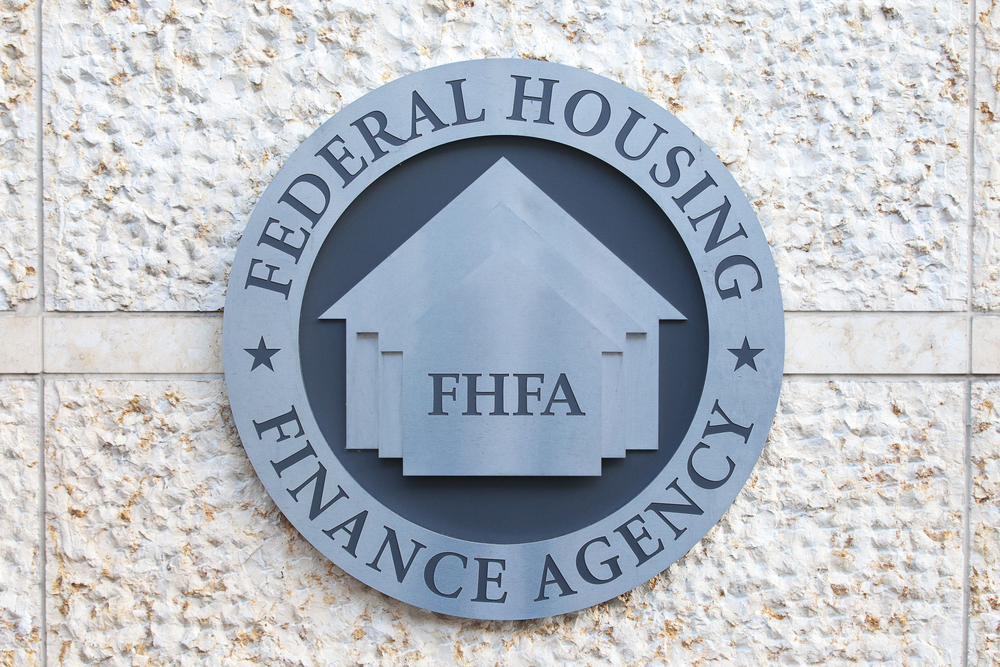Housing finance reform and capital buffers were among the topics discussed at a House Financial Services Committee hearing, which featured testimony from Federal Housing Finance Agency (FHFA) Director Melvin Watt.

Watt told the committee that it would be “irresponsible” for Fannie Mae and Freddie Mac to not be allowed to rebuild their capital buffers. The FHFA oversees Fannie and Freddie, as well as the 11 Federal Home Loan Banks.
The government-sponsored enterprises (GSEs) capital buffers will be cut to zero as of Jan. 1, 2018. This means that if there are any losses experienced at either Fannie Mae or Freddie Mac, the GSEs would have to draw on their line of credit from the Treasury Department, thereby forcing taxpayers to make up the difference.
Watt said that he and Treasury Secretary Steven Mnuchin were working together to avoid going to taxpayers for financial help.
Watt also said during that the GSEs’ use of alternative credit scores would do little to improve access to credit since “both Fannie and Freddie are using information other than credit scores to increase access to credit anyway.” Watt did say, however, that he is still looking into the use of alternative credit scores.
Recently, Senate Banking Committee members Tim Scott (R-SC) and Mark Warner (D-VA) introduced the Credit Score Competition Act, which would authorize the FHFA to set standards and criteria for any process used by the enterprises to validate and approve credit scoring models.
Watt also said that allowing non-depository Community Development Financial Institutions (CDFIs) to “pledge their loans to a Federal Home Loan Bank” would allow those CDFIs to provide more loans, in turn improving economic development in underserved communities.
Committee chairman Rep. Jeb Hensarling (R-TX) said taxpayers should not be put in the position to have to bail out Fannie and Freddie.
“Yet Fannie and Freddie’s nine-year conservatorship little has fundamentally changed,” Hensarling said. “The GSEs are today as big as they were before the financial crisis. They represent a virtual government monopoly in housing finance that lacks meaningful competition or innovation. Taxpayers remain on the hook for $5.3 trillion. Underwriting standards are being eroded. I fear a number of the mistakes that led to the 2008 crisis are being repeated today.”
Hensarling said Congress must enact sustainable housing finance reform with private capital at its center.
“It is time to get off the boom, bust, bailout cycle,” he said.
Hensarling said the two most significant developments in the conservatorship have been the credit-risk transfer programs and the common securitization platform. He believes that these two developments are key points in the transition to a housing finance system in which private capital plays the predominant role.
There have been other changes under the conservatorship that are cause for concern, Hensarling added.
“Those of us who worry about another taxpayer bailout should be worried about efforts to lower down-payment requirements, raise the debt-to-income ratio, and divert funds to a housing trust fund that lacks accountability—all the while taxpayers who paid to bail out the GSEs in 2008 remain in harm’s way,” Hensarling said.
Hensarling added that these conservatorships are not sustainable and they need to end as soon as Congress can chart the way forward on housing finance reform.
“I reaffirm my belief that it is the role of Congress, not FHFA, to make these tough decisions that chart the path out of conservatorship and to the future housing finance system,” the chairman added.